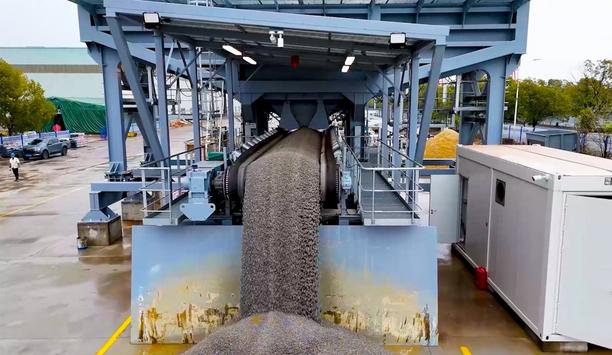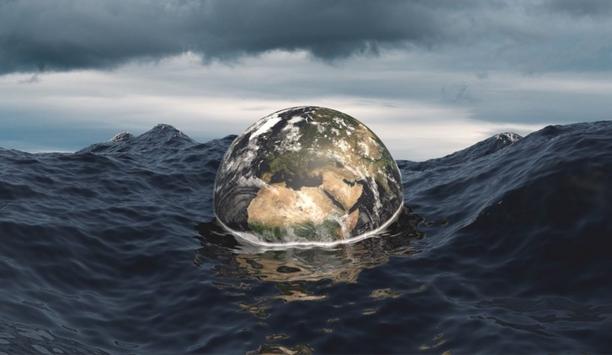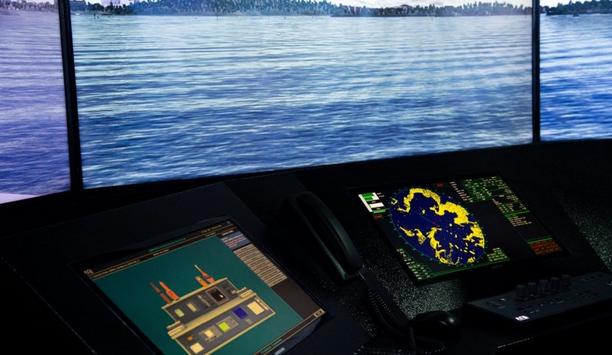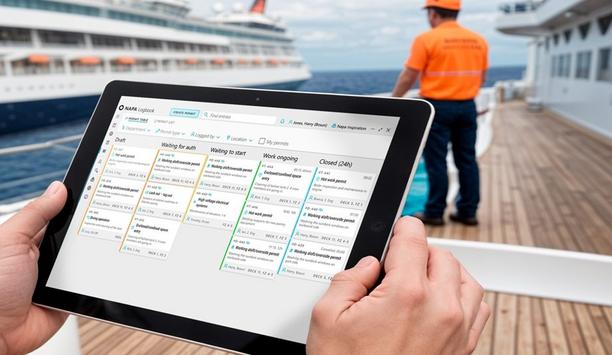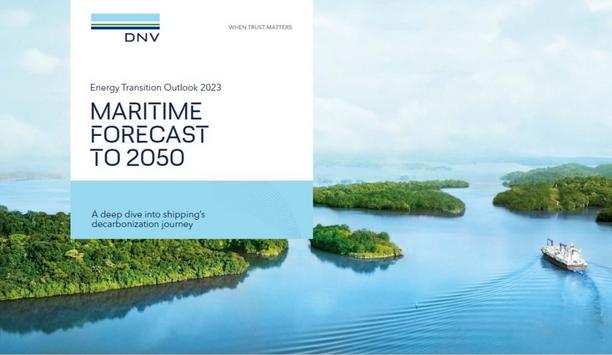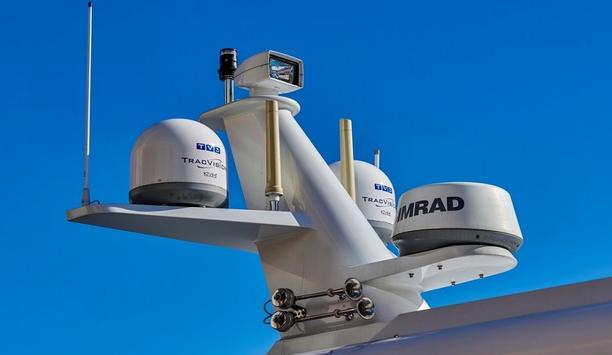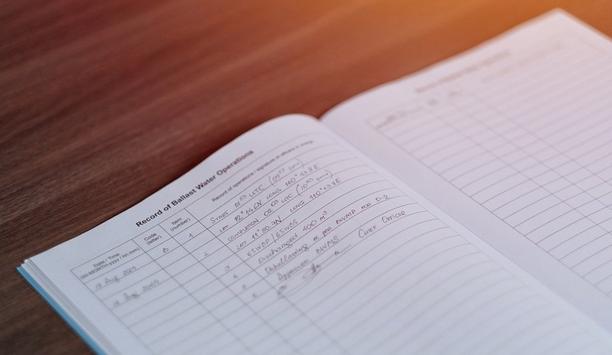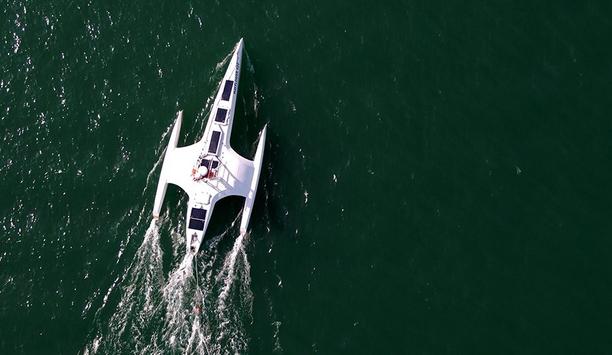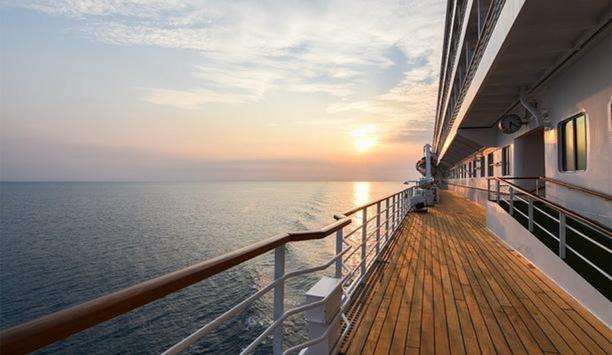If the ocean were a national economy, it would be the seventh largest in the world. Contributions of the oceans to energy production, transport and sustainable food production are essential to the global economy.
In the global ‘blue economy,’ environmental protection and economic growth are intrinsically linked, especially in the maritime industry. The European Union has detailed a realistic agenda for the blue economy to play a major role to achieve the objectives of the European Green Deal, seeking to replace unchecked expansion with clean, climate-proof and sustainable activities that tread lightly on the marine environment.
Preserving marine ecosystems
“A sustainable blue economy will create tangible opportunities for new jobs and businesses,” says a European Commission report. “They will be created by work to mitigate the impacts on oceans and coasts to build a resilient economic model based on innovation, a circular economy and a respectful attitude to the ocean.” Businesses that use or generate renewable resources, preserve marine ecosystems, reduce pollution and increase resilience to climate change will be incentivised, while others will need to reduce their environmental footprint.
A sustainable blue economy offers many solutions to achieve European Green Deal objectives
A sustainable blue economy offers many solutions to achieve European Green Deal objectives. Many of the current activities need to reduce their carbon footprint, while new, carbon-neutral activities need to take centre stage. The blue economy can contribute to carbon neutrality by developing offshore renewable energy and by greening maritime transport and ports.
Greenhouse gas emissions
The European Green Deal calls for a 90% reduction in greenhouse gas emissions from all modes of transport, and this includes maritime transport. The world’s sea lanes are a key link to the global trading system. Though it generates comparatively fewer emissions than transport by road or air, maritime transport generates both carbon and other polluting emissions due to the volumes and a heavy reliance on fossil fuels.
To support the decarbonisation and depollution of energy production, maritime transport and ports, the European Commission will create a Blue Forum for users of the sea to coordinate a dialogue among offshore operators, stakeholders and scientists engaged in fisheries, aquaculture, shipping, tourism, renewable energy and other activities. It will develop synergies between their activities and reconcile competing uses of the sea.
Greening port services
The blue economy can help alleviate pressure on the climate and on natural resources for food production
It will also pursue the objective of zero-emission ports, including through its work with the sustainable ports sub-group of the European Ports Forum, to discuss with relevant stakeholders and share and promote best practices and bottom-up initiatives in greening port services. Biodiversity conservation and protection should be considered as foundational principles of maritime economic activity.
By using marine resources better and by choosing alternative sources of food and feed, the blue economy can help alleviate pressure on the climate and on natural resources for food production. Better knowledge of the ocean and its ecosystems, together with free access to data, will enable industry, public authorities and civil society to make informed decisions.
Sharing marine data
Through common standards and open access principles, the European Marine Observation and Data Network (EMODnet) collates the measurements of hundreds of institutions to make the EU a model of best practice in sharing marine data and ocean observations. The Copernicus marine environment service provides satellite data and forecasting services in the EU sea basins and in the world.
Since 2018, the blue economy report has mapped the blue economy in the EU
Work is ongoing to improve the digitalisation of the ocean, the resolution and usability of the data and to transform this data into knowledge and tools for the benefit of a range of stakeholders. Socio-economic data are important inputs for policymakers and for businesses, who have to make snap decisions in a rapidly evolving environment, especially in times of crisis. Since 2018, the blue economy report has mapped the blue economy in the EU.
Marine biological resources
A user-friendly blue economy indicators tool tracks economic progress. The European Market Observatory for Fisheries and Aquaculture and the Blue Bioeconomy Report have collected, curated and disseminated data on the fishery and aquaculture markets and on innovative uses of marine biological resources.
The commission proposes a maritime policy for this decade that will make the transition envisioned in the European Green Deal a reality in the ocean economy. The Commission will work with the European Parliament, the Council and other EU Institutions, where appropriate. It will reach out to all maritime stakeholders to engage with them in shaping a sustainable blue economy in a fair and equitable way.



